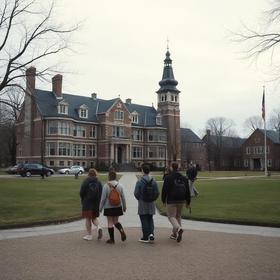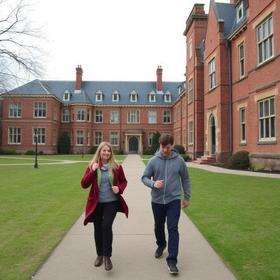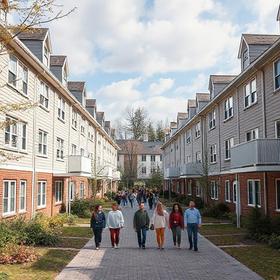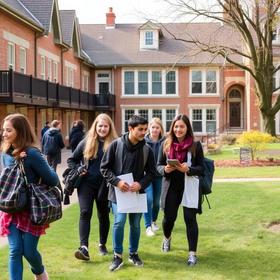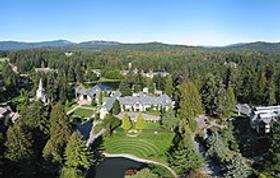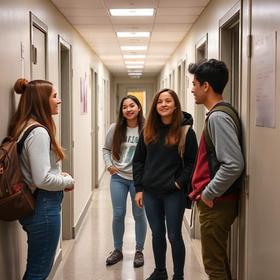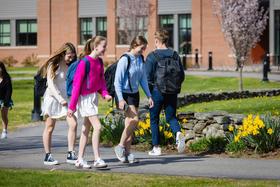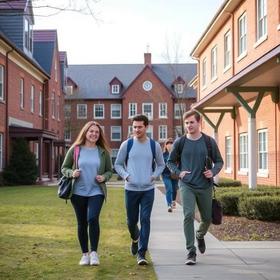It sounds too good to be true, right? But it really is. I found twelve boarding schools when I searched Boarding School Review using the simple search string "least expensive schools." Our powerful search engine sorted the 315 boarding schools listed on our site by tuition. I then filtered out three schools: two were located in Canada, and the other was a summer boarding school.
Then, a dozen boarding schools charge approximately $20,000 per year or less for tuition, room, and board. I discovered that one school on the list offered 30 Advanced Placement courses, and another offered the prestigious International Baccalaureate program. Explore these schools and determine whether perhaps one or more suits your requirements.
Lustre Christian High School, Lustre, MT
School Type: Co-Ed
Grades offered: 9-12
Number of students: 40
Tuition: $14,000
International students: Yes
Academics: Bible, Math, Science, English, History, Computers, Physical Education, Journalism, Drama
AP courses: None.
In the school's words: "It is a unique educational institution because it serves as both a Christian high school for the community and as a qualified Christian boarding school."
Mercyhurst Preparatory School, Erie, PA
School Type: Co-Ed
Grades offered: 9-12
Number of students: 620
Tuition: $10,850
International students: Yes
Academics: 15 IB courses. International Baccalaureate program.
In the school's words: "We strive for excellence in academic and co-curricular programs, we promote service to our local and global communities, and we foster the dedication and active support of the students, parents, faculty,staff, and alumni of the Mercyhurst






